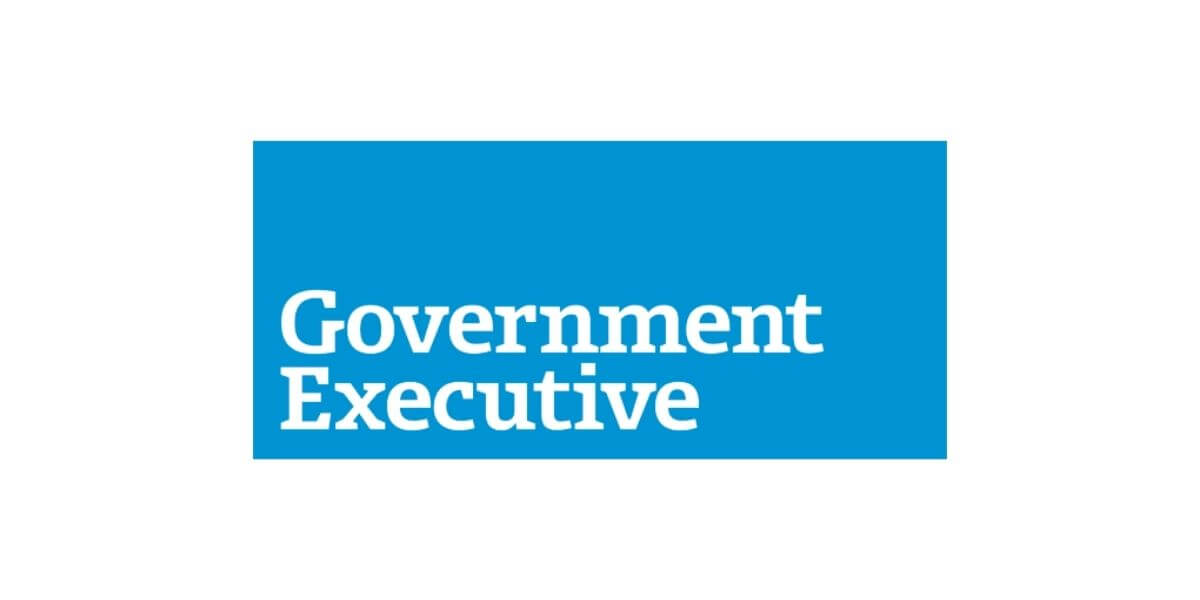The Supreme Court has ruled federal courts can provide civil servants some latitude in the timing of their appeals of actions agencies take against them, deciding in favor of a Defense Department civilian who has been fighting his case for more than a decade.
Federal employees do not have to take their cases to the federal circuit within 60 days of a final ruling from the Merit Systems Protection Board in every instance, the nation’s top court said in a decision earlier this month. Instead, federal courts have the opportunity to review the circumstances of individual cases and decide whether exigent circumstances may allow federal workers more time to file an appeal than the law typically provides.
In Harrow v. Department of Defense, the Supreme Court reviewed the timeliness of an employee’s appeal from MSPB to the U.S. Court of Appeals for the Federal Circuit. Stuart Harrow, a Navy employee, was one of thousands of federal workers at Defense who challenged the department’s decision to furlough civilian employees for six days in 2013 due to sequestration. Harrow unsuccessfully brought his case to an MSPB administrative judge and subsequently appealed that decision to the board’s central panel.
While his case was pending, the board lost its quorum, rendering it incapable of issuing decisions. While his case languished and MSPB remained hamstrung for five years, Defense changed its email system. The board was finally reconstituted in 2022, when it issued a final ruling against Harrow.
The agency sent its decision to Harrow’s old email address, however, and he said he did not become aware of it for several months. He subsequently filed his appeal to the Federal Circuit court 128 days after MSPB issued its final decision, missing the 60-day window required by law. In its defense, the government highlighted that MSPB issued a public notice before issuing decisions that all parties with pending cases should update their contact information.
Harrow told the court the circumstances of his delay made the lateness excusable, but the circuit court said it did not have the ability to rule on the matter.
“While we may be sympathetic to Mr. Harrow’s situation, this court can only consider whether the petition was timely filed and cannot excuse a failure to timely file based on individual circumstances,” the appellate court said.
Harrow asked the Supreme Court to review the case, arguing the strict timeliness interpretation “blindsides federal employees” who are often representing themselves and understand the deadlines to “be subject to flexibility.” The Federal Circuit “repeatedly has deprived federal employees, usually proceeding pro se, of judicial review of their employment rights by summarily dismissing untimely appeals.” He called that interpretation “unfair” and said it was inconsistent with decisions from the Supreme Court.
In a unanimous decision written by Associate Justice Elena Kagan, the Supreme Court ruled the 60-day appeal window was “non-jurisdictional,” meaning courts can consider the circumstances of late appeals and determine whether “equitable tolling” may be applied. While the law states employees “shall” file their appeals within 60 days, Kagan noted Congress did not explicitly label that timeline as “jurisdictional” and it therefore is not mandatory in every circumstance.
Allen Shoikhetbrod, managing partner at Tully Rinckey, a law firm that specializes in federal employment law, said the decision will only impact employees bringing cases from MSPB to the federal circuit, but the Supreme Court opened the door for excuses of those who do so late.
“This gives a route to argue a good-cause exception,” Shoikhetbrod said. “It’s no longer an automatic dismissal.”
He added with MSPB still working through the backlog that built up while it operated without a quorum, the circumstances that led to Harrow’s lateness could crop up elsewhere. The Supreme Court ruled only that the appellate court must consider Harrow’s excuses, meaning it could still dismiss his case for back pay if it deems his reasoning for being late insufficient. If it allowed for his case to be heard, it would then have to rule on the merits of his furlough appeal.
More than 32,000 federal employees appealed their sequestration furloughs to MSPB in 2013, leading to a significant backlog the agency was able to work through largely by dismissing the majority of them in bulk.





